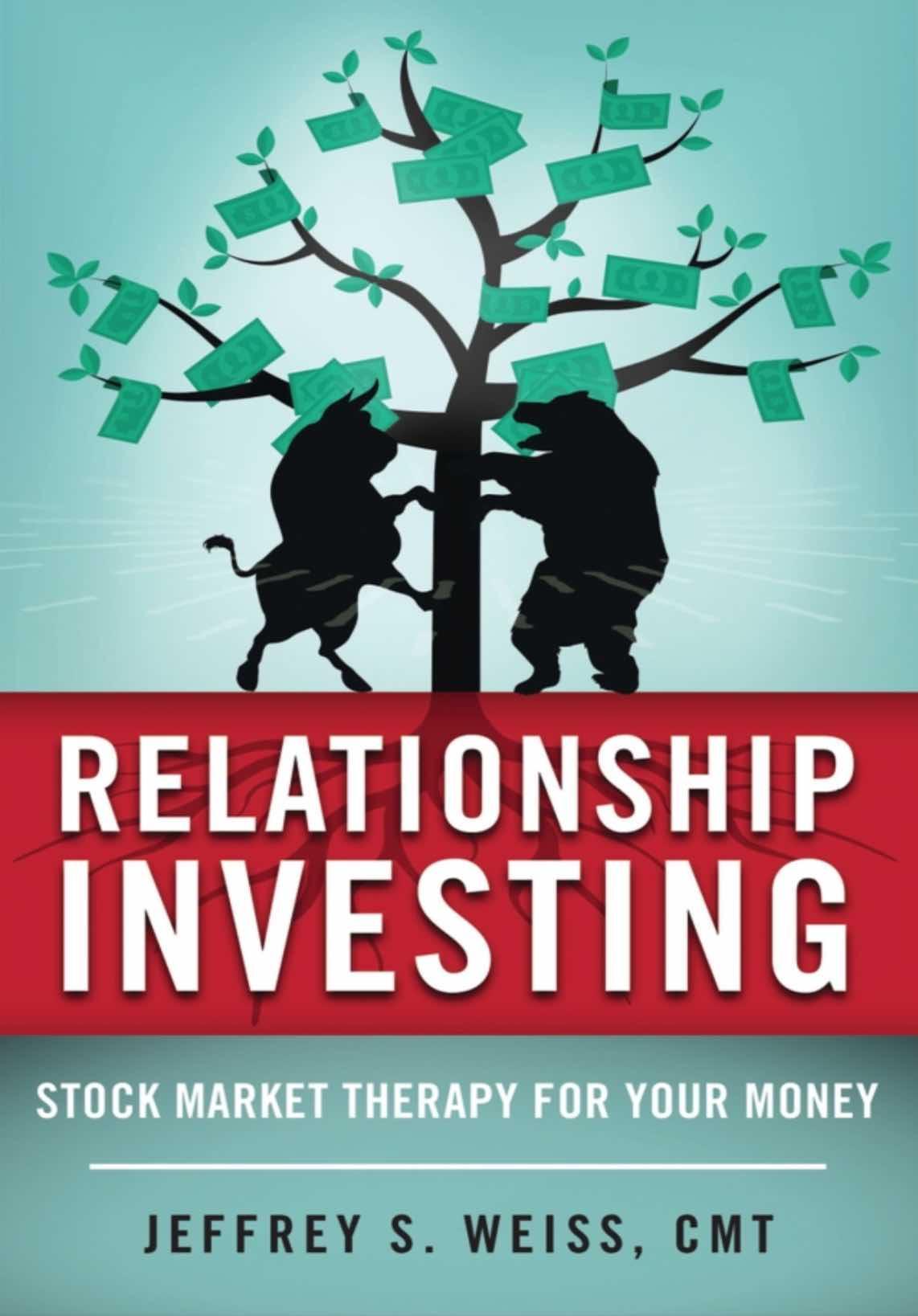Whether they appear on a bottle of shampoo or as a line in a hit movie like The Karate Kid, the phrases “wax on, wax off” and “rinse and repeat” also have a stock market application. It has to do with repetition. It has to do with reinforcement.
In the original Karate Kid movie, the teacher, Mr. Miyagi, had Daniel do repetitive chores. While these seemingly boring tasks had nothing to do with karate in his student’s eyes, the continuous hand motions involved in performing them were the very same ones that Daniel would use in the discipline of karate. One of the chores was to apply wax (“wax on”) to a car with one hand motion and remove it (“wax off”) with another. Other chores included painting a fence and sanding a deck. Practicing these motions in the discipline of karate proved invaluable in learning the art.
Poor investment habits, if not corrected, can interfere with your investment performance time and time again. That’s why it’s imperative to unlearn potentially dangerous market habits and extricate yourself from this financial quicksand. It’s an ongoing process that demands a perpetual vigil. You can take no days off. None. The one time you forget to follow a key market tenet can seriously affect your financial life. As with any relationship, whether personal or financial, poor habits and unsound reasoning can lead to a regrettable outcome. Mistakes that are glossed over, or not addressed and rectified, have a habit of returning—often in an unpleasant way.
I mentioned at the outset of this book that learning the market’s language involves breaking old habits—responses to stock market behavior that may have been ingrained in you from investment birth. It’s the same with other market miscues that repeatedly hamper your performance. You’ll never overcome them if you don’t dwell on them, objectively analyzing why they occurred, committing them to memory, and resolving not to make them again. Have a list, like a quarterback with plays strapped on his wrist or a football coach with a laminated page of potential play calls.
This is perhaps the most difficult part of one’s investment education—unlearning behaviors in which you’ve been engaging for years, maybe even decades. Think about this issue in relationship terms. How can you hope to turn your personal life around if you don’t examine and address the shortcomings that serve to undermine your relationships with coworkers and friends and lessen your chances of a successful romance? Pretending they don’t exist or aren’t that important only serves to ensure their return.
Let’s review a list of my strongly suggested investment tenets, which I’ve already mentioned but wish to stress again in this numerical, checklist form. You may want to add some of your own rules that, after careful consideration, you deem as having a negative influence on your investment results. Repeat each of the following:
- Do not “average down” a losing equity position, but rather respect the market’s verdict because it knows more than anyone.
- If you cannot deal successfully and on a sustained basis with your market emotions, find someone well qualified to help you do so or do not invest in the stock market. A poor market temperament can spill over into one’s personal life as well, so take this subject seriously. Be honest with yourself.
- Do not let tax considerations interfere with your investment decisions. Rather, let the investment itself always be your guide.
- Do not buy stocks based solely on dividend yield. Your investment capital is always more important than the dividend received on it. Capital preservation comes first.
- Price should not be a factor when searching for stocks to buy. You’re far better off purchasing fewer shares of a seemingly “high-priced” stock that rises in value than buying more shares of a seemingly “low-priced” stock with that dollar amount that declines in price.
- The majority of stocks will move in the direction of the market’s primary (longer-term) trend, so beginning with an analysis of individual securities is not as important as attempting to gauge the market’s overall trend.
- There’s nothing wrong with holding cash or other highly safe and liquid low-yielding investments if you are not comfortable investing in the stock market with your dollars. Be patient, preserve your capital, and let the market action—not your money market yield or whether you have the capital and are ready to invest—dictate when it’s time to invest.
- Take some technical analysis courses with highly regarded instructors. Read up and study regularly on the subject.
- If your research indicates that a stock has probably reached a significant peak, just because it’s comfortably beneath its high should not deter you from selling all or most of the position (with a “stop” strongly suggested on the remainder), realizing that the stock market is an art and not a science and you won’t be able to sell at exact peaks or buy at absolute bottoms. The reverse also applies to a stock that you believe, in retrospect, has hit a key bottom. As you know, I use technical analysis as my tool in these regards.
- Remain in the moment. Don’t dwell on what was or what you “could have” or “should have” done. Stay in the present and make your decision. Remember, in the stock market you don’t always get a second chance to sell a stock at your desired price. My general rule is that I want to be more motivated when a decision to sell has been reached than a determination to buy. After all, it’s my money and I want it back!
- If you’re concerned about a particular investment or the stock market in general to the point that it’s affecting your sleep at night or frequently occupying your thoughts during the day, consider selling down to the sleeping point—the point at which your ability to fully function and get a complete night’s rest is not compromised. Besides, nothing is worth your health! Again, investing in the stock market isn’t for everyone. Go back and read tenet number two.
- Don’t ignore a seemingly large loss just because you think a stock is at or near a bottom and can’t go visibly lower. Those stocks that “look low” still have the potential to decline significantly more and hurt you financially. Realize that stocks go to extremes in terms of both upside and downside momentum.
- How you “think” a stock looks or what you “hope” it does should not be parts of your investment vocabulary. Those are anything but investment factors.
- Don’t become emotionally attached to a stock because it’s a long-time family holding. If the issue appears vulnerable and you have a healthy position in those shares, you can always retain a piece of the position for history’s sake without compromising your capital.
- If you seek perfection, become a “hindsight specialist” so you’ll be 100 percent correct at predicting the past based on the present. I read this definition in a book decades back. If you can’t be flexible and adjust to the market’s ever changing dynamics, staying humble and accepting losses, the market’s probably not for you.
- Remember, the stock market doesn’t know your personal status.
- The stock and the company are not one and the same!
Moral: The only guarantees in the business of investing in the stock market are hard work and losses. As with a relationship, there are no assurances of a happy ending. However, by adhering to some sensible, disciplined tenets like being flexible, staying humble, admitting errors, and realistically assessing your temperament (among others), you stand a better chance of improved outcomes at both. As I mentioned earlier, some—if not most—of the investing views described in this book fly in the face of conventional wisdom, whatever that is. But markets over the years, time and time again, have shown that widely accepted rules of investing have sounded far better in theory than they’ve worked in practice.
(To be continued...)

This excerpt is taken from “Relationship Investing: Stock Market Therapy for Your Money” by Jeffrey S. Weiss. To read other articles of this book, click here. To buy this book, click here.
The Epoch Times copyright © 2023. The views and opinions expressed are those of the authors. They are meant for general informational purposes only and should not be construed or interpreted as a recommendation or solicitation. The Epoch Times does not provide investment, tax, legal, financial planning, estate planning, or any other personal finance advice. The Epoch Times holds no liability for the accuracy or timeliness of the information provided.





